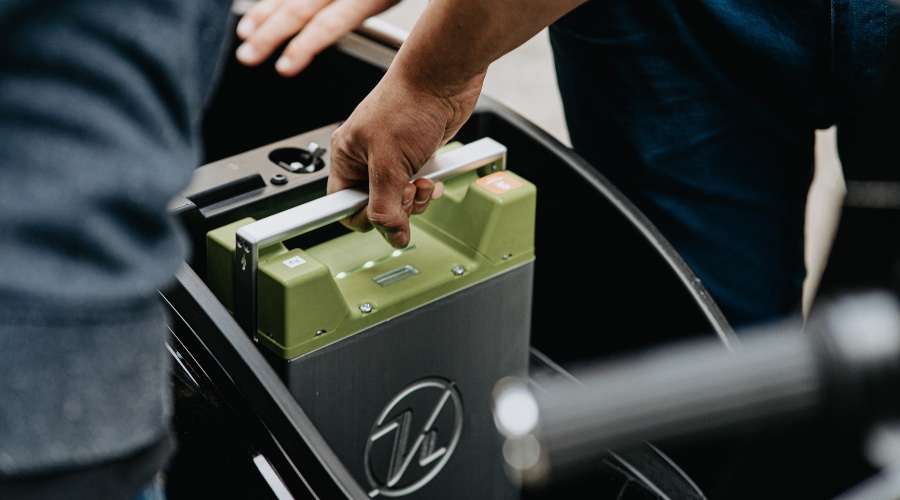
Hydrogen fuel cells are most well-known as a way to power zero-emissions vehicles. While fuel cell electric vehicles (FCEVs) are a promising and growing field, they’re not the only use case for these technologies. Fuel cells can also provide portable energy storage.
Moving Beyond Vehicles
FCEVs may be the most recognizable fuel cell application, but they face stiff competition from battery-electric EVs. While sales have increased, experts predict FCEVs will make up just 1% of new truck sales by 2030, compared to 14% from battery alternatives.
This slow growth comes from the significant challenges FCEVs face. Hydrogen infrastructure is still fairly uncommon, and these vehicles come with high upfront costs. While rental fleets could help avoid costly downtime and mitigate these expenses, the lack of support and high price tags may still scare businesses away.
FCEVs will become more affordable and practical over time, but the fuel cell industry can sustain itself in the meantime by serving other markets. Since hydrogen is technically an energy storage medium, not a power source itself, fuel cells can be a helpful, sustainable way to store energy.
Portable Fuel Cell Applications
Like fuel cells as a whole, portable hydrogen storage solutions have many potential applications. Here are a few of the most significant.
Renewable Energy
One of the most important use cases for fuel cell power storage is making renewable energy more practical. Since wind and solar systems don’t generate electricity on demand, they need ways to store power until people need it. Batteries are expensive and often inefficient for large applications, but fuel cells provide a helpful alternative.
Hydrogen has the highest energy content of any fuel by weight. Consequently, power grids can convert renewable electricity into hydrogen to store considerable amounts of energy in a relatively small package. When users need electricity, fuel cells convert the hydrogen back into power.
These solutions could let buildings use solar energy at night or wind power on still days. As a result, fuel cells could accelerate the shift to renewables.
Zero-Emissions Generators
Fuel cells can also provide portable energy storage in the form of generators. Most generators today run on diesel or gasoline, releasing high levels of greenhouse gas emissions. Fuel cells could work the same way but use hydrogen instead, minimizing these portable solutions’ carbon footprint.
Renewables can provide clean energy for the grid, but portable renewable systems typically aren’t efficient. Fuel cells could offer the same sustainability benefits in a more familiar, flexible package. These generators would be ideal for temporary but energy-intensive projects like construction, which accounts for 39% of global carbon emissions.
Battery Alternatives
Another new but promising use case is small battery alternatives. Conventional batteries are convenient but use fossil fuel-derived energy from the grid when recharging, and single-use batteries carry significant disposal risks. Small fuel cells could replace these portable power solutions in small electronics to make them more sustainable.
Hydrogen’s energy density could let fuel cells provide considerable battery life. Interchangeable hydrogen fuel cartridges would work like traditional batteries, with users switching them out when their fuel cells run out of power.
Fuel Cells’ Potential Keeps Growing
As fuel cell research grows, new use cases and advantages keep emerging. Fuel cells have already demonstrated utility far beyond just powering vehicles. Applying these technologies in more areas can help the world overcome obstacles facing renewable energy and move away from fossil fuels.


Jane Marsh, Contributor
Read the most up to date Fuel Cell and Hydrogen Industry news at FuelCellsWorks




